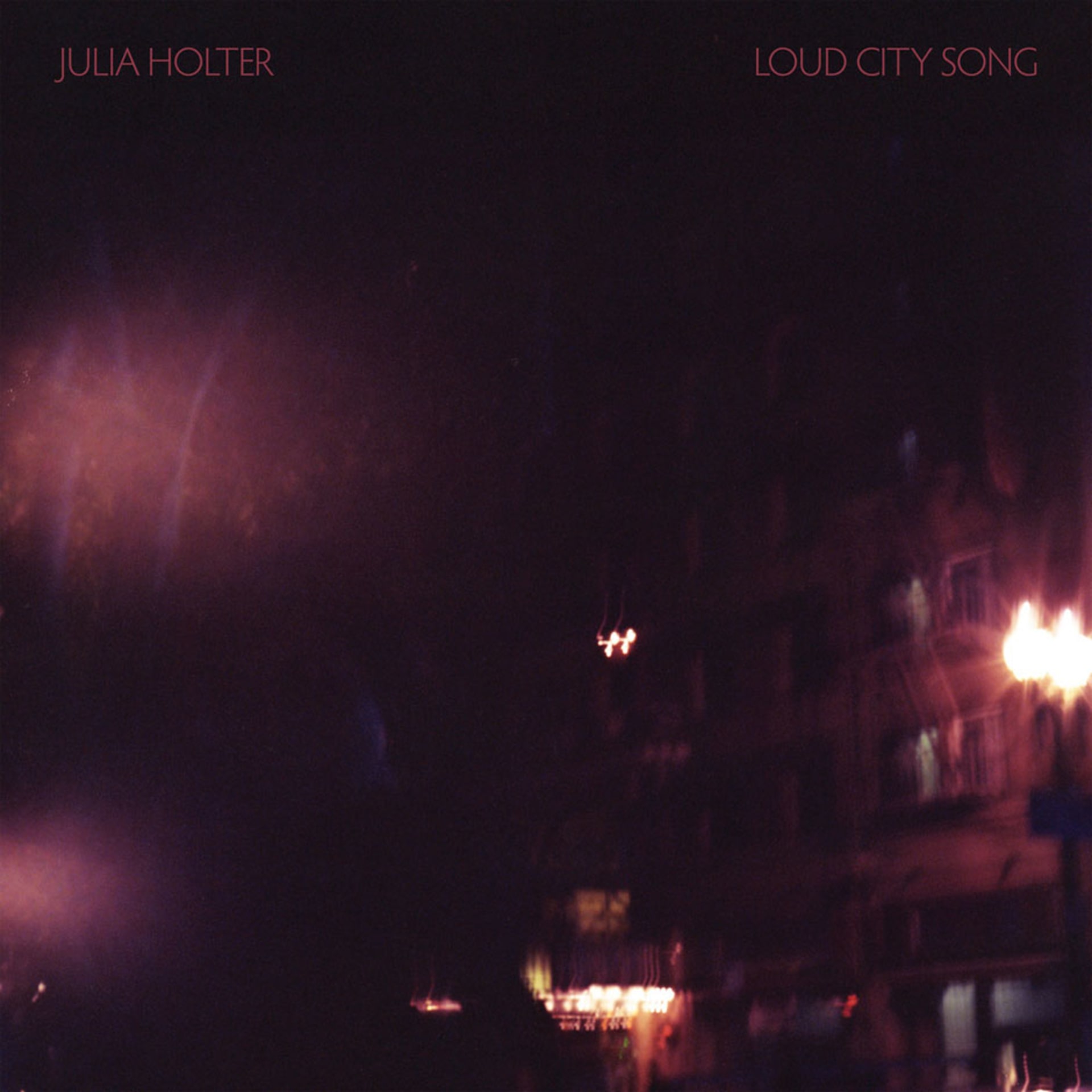
Standing Inside Yourself: Daniel Jones on Julia Holter’s Loud City Song
The Los Angeles-based singer/songwriter’s third album defies the URL/ADD-thrusted idealism of post-genre, celebrating the established in a thoroughly cohesive and beautiful fashion, says Daniel Jones.
Since 2011’s Tragedy, Julia Holter has proven her capacity to take our breath away. It was an album for contemplation and for solitude. But as talented as Holter is, no vast masses stormed the record shops to buy up ten-minute cello epics based on the works of Euripides. 2012’s Ekstasis was different. The sense of ritualism was still firmly embedded in the music, as was the methodical intelligence. But there was the hand of the Pop Gods at work as well, a divine touch that tingled the inner cortex lining labeled RELISTENABILITY. As much as it evoked the dusty and celebrated scents of known cerebral popologists—e.g. your Laurie Andersons and Brian Enos—it also felt timeless. Ekstasis’ ascendant sounds could become earworms as easily as thesis-worthy aural sculptures.
Music that I like the best these days is usually firmly rooted in the Now, with the producer as artist. It’s music that strives, or occasionally effortlessly transcends, categorization. Not that we need any more writers making up new names for micro-genres—music journalism is already enough of a plague on music. In contrast to what I’ve gotten used to liking or seeking out, Loud City Song defies the URL/ADD-thrusted idealism of post-genre, celebrating the established in a thoroughly cohesive and beautiful fashion. Holter skips playfully, yet masterfully, through eras of influence, with individual songs often metamorphosing through several time-and-instrumentation changes in a way subtle enough to only be noticeable after the fact: upright bass is jazzily plunked before shifting into slightly sinister violins and layers of bluesy piano; classical arrangements meld with suggestions of psychedelic rock and yé-yé, the ethereal and the tribal weaving spells in the background.
Ekstasis literally means “standing outside yourself”. Here, Holter does just the opposite. She digs deep inside the pits of her own emotion to the core of something id-like. Gone is any trace of vocoded transhumanism. Instead, the vocals are allowed to play an equal, if not occasionally greater, role than the instrumentation. Which is not to say that any of the tracks have lost their sense of the epic. The ice-queen inflections of “Horns Surrounding Me” sits imperiously between Nico and Siouxsie Sioux, with blasts of saxophone and touches of vinyl popping leading up to an explosive chorus that shatters into solemnly birthed organ bursts. “Maxim’s 2” starts and stops with false builds and lurking whispers. Lightly tapped xylophone and ambient, sampled conversations create an atmosphere of quivering tensions and lyrics like, “Whispers awakening the beast in me,” and, “Drink some blood,” arise unexpectedly from lips that moments before were crooning like Enya.
Tragedy and Ekstasis both had a sense of something greater at work. That’s what made them stand apart. Loud City Song is different, and that’s also its strength. It’s misleading and probably somewhat disrespectful to say that the tracks here feel more like “songs” than “pieces” to me, but, well, they do. There’s enough traditional structure to keep pace, and for the most part it’s extremely easy to sing along with the lyrics. But its catchiness is still sufficiently weird enough to push all the right buttons. That said, it’s not immediately apparent whether or not this album is meant to fit in with its two predecessors. It almost feels as though Holter, venerated in increasingly larger circles, wants to re-introduce us to herself from a different angle. “Hello, stranger,” she sings. “It seems so good to see you back again. How long has it been?” It’s a difficult question to answer because in its intimacy, complexity and ability to surprise, Loud City Song feels like meeting Julia Holter for the very first time. ˜
Loud City Song is released on August 19th via Domino. This text first appeared first in Electronic Beats Magazine N° 34 (2, 2013). Read the full issue on issuu.com or in the embed below.
Published August 15, 2013. Words by Daniel Jones.
